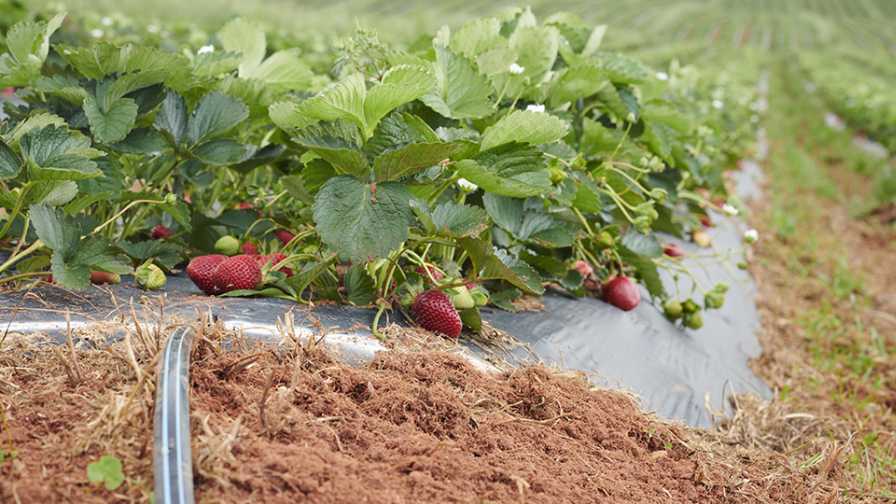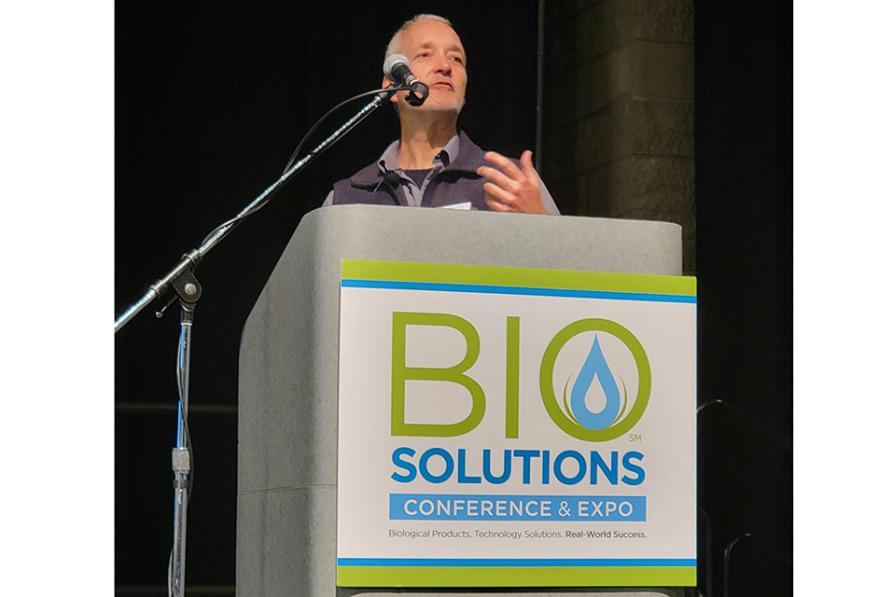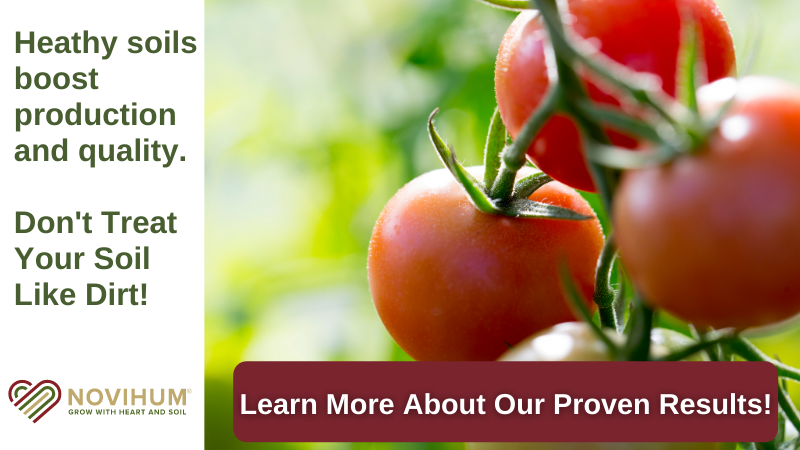Giving Special Treatment to Watering Your Fruit

Toro’s drip tape (FlowControl) allows berry growers improved irrigation uniformity.
Photo courtesy of The Toro Company
While water availability remains a deep-rooted priority across the country, the presence of a pandemic has industry officials stressing another aspect of irrigation — water quality.
Thanks in part to the coronavirus and its global ramifications, irrigation water treatment is more pertinent than ever, according to Jose Rodriguez, Business Development Manager, Dilution Solutions, and Daniel Flanick, Manager, Tekleen Automatic Filters.
“We will come out of the first half of 2020 realizing that sanitation and disinfection are essential measures,” Rodriguez says. “Even while today’s pandemic is not a waterborne nor a foodborne pathogen, we all understand how health hazards can have a significant impact on the economy and the well-being of the people.”
Adds Flanick, “With the COVID-19 virus, irrigation systems that function properly couldn’t be more relevant.”
Dilution Solutions, a Dosatron International company based in Clearwater, FL, produces chemical delivery systems that are key toward proportional dosing of nutrients, pH water correction, and water treatment with oxidizing agents.
As unused nutrients run off into creeks and lakes, water becomes less usable and even more scarce.
“For this reason, fruit growers must start considering proportional dosing for their fertigation programs instead of just dumping periodical amounts of fertilizers,” Rodriguez says. “(Also), water is a medium to transport microbials and should be treated to minimize the food safety issue in the field.”
Tekleen, based in Los Angeles, manufactures automatic self-cleaning water filters. “Filtration is a very important part of growing operations,” Flanick says. “There has been an increase in demand, and that will continue, as supermarkets are having a tough time keeping fruit on the shelves.”
SALT STAIN
In the Central Valley of California, the most pressing irrigation issue involves high salt content in the water, according to David Clay, Manager USA with Aqua4D, a Swiss company whose technology increases the capacity of water to dissolve minerals.
“The problems increase every year,” he says, citing already highly saturated well water that is not capable of properly dissolving the additional fertilizers applied. “These salts accumulate in the top layers of the soil, clog up the soil, and the minerals are hindered from being transported to the root zone.”
Worse still, Clay notes, a more severe problem may arise this year — a lack of water from the dams, which means the wells would be used to a higher extent. “The problem is not one of the chemicals applied. The problem is that these minerals and fertilizers cannot be properly dissolved by the water,” he says.
PH PITFALL
Growers should be concerned about the effect that pH can have on chlorine treatments, according to Inge Bisconer, Technical Marketing Manager, The Toro Company, Ag Business, and Past-President of the California Irrigation Institute. “When they inject chlorine into their drip systems to prevent emitter clogging, they should monitor the irrigation water pH because chlorine is much less effective as water pH rises. Injecting chlorine into high pH water is a waste of money and, more importantly, the tape lines might clog because of ineffective chlorination.”
Proper irrigation, Bisconer says, while increasing yield, improving quality, and reducing cost, is integral to the bottom line.
“Prominent PCAs (pest control advisers) — the plant doctors — often state that a very high percentage of their troubleshooting calls are a result of poor water management,” she says. “In other words, when farmers call out the PCA to diagnose a crop problem, the PCA often finds that incorrect irrigation is the root cause of the crop issue.”
NO PRESSURE AT ALL
Relatively new to California and the rest of the country is N-Drip, an Israeli firm that, after making its debut in Australia three years ago, expanded to the U.S. in November of 2018. N-Drip boasts a unique approach — a Gravity Micro Irrigation technology that can readily replace an existing flood irrigation system while doing so more economically than other micro irrigation systems, which rely on pumps and filters.
“We developed a patented dripper, an emitter, that works without any filters, which means we don’t need any pressure. All we need is 20 inches of head pressure, which means we use gravity,” Director of Business Development Uri Segev says. “The biggest hurdle when I talk to growers is that we’re talking about a brand-new concept — no pressure. Everybody in the industry who is familiar with precise irrigation, the first thing they know is that it requires pressure. And when I tell people we have zero pressure, it sounds like when someone calls me and says, ‘Turn on the TV, Kobe Bryant just scored 81 points.’ I say, ‘Yeah, sure, I don’t believe that. Let me see it.’”
Based outside of Los Angeles, N-Drip has focused its sales efforts on California, Arizona, and New Mexico, along with row crops in the South and Midwest. “We can irrigate everything, from soybean to pecan, almond, and pistachio trees,” Segev says.










